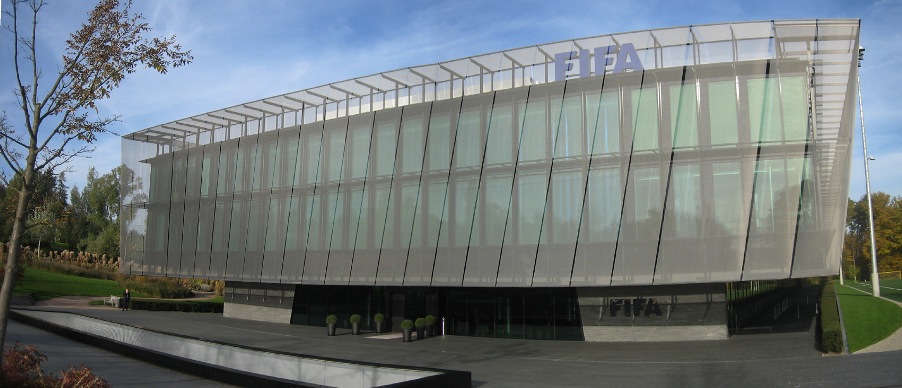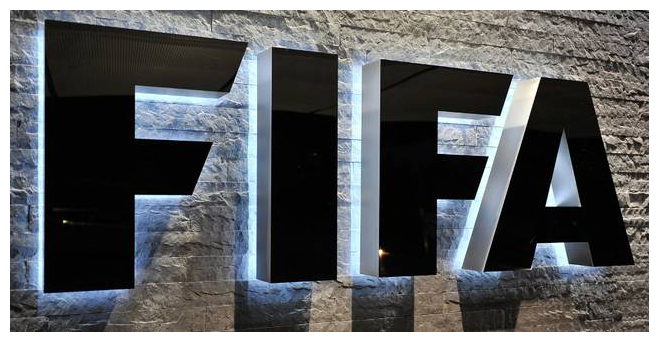The Spanish and Portuguese professional footballleagues announced on Monday their intention to challenge FIFA’s ban on third-party ownership of players to the European Union’s competition commission.
“The prohibition of third-party ownership constitutes an economic agreement that restricts the economic liberty of clubs, players and third parties without any justification or proportionality,” the leagues said in a joint statement.
“This ban damages the clubs, principally those with less economic resources, preventing them from sharing with third parties the economic rights of the professional players in their squads and to manage their financial obligations in the most prudent form.”
The leagues claim that the complaint could lead to a multi-million euro fine for FIFA, as well as compensation for the clubs, players and third parties affected.
The practice allows investors to buy all or a percentage share of a player’s rights and then receive their share of an often lucrative transfer fee when they move between clubs.
FIFA announced in December that third-party ownership would be outlawed from May this year, hoping to bring an end to a system critics have labelled corrupt.
UEFA president Michel Platini has dubbed the practice a danger to the game, saying many players were no longer in control of their own sporting careers and often transferred to “generate revenue for anonymous individuals who just want to get their hands on some of the money in football“.
Third-party ownership has already been banned in the English Premier League, but it remains a common practice in South America as well as in Spain and Portugal, where the majority of South Americans take their first step into European football.
However, advocates of the system believe it provides a crucial lifeline for financially poorer clubs to be able to compete.
The Spanish and Portuguese leagues argue that an outright ban would infringe the competition regulations enshrined in article 101 of the Treaty of the Functioning of the European Union.
Moreover, they claim that the training of young players will be affected by the loss of income and that third-party ownership is currently carried out legally in the majority of professional leagues across the world.
Under FIFA’s proposals, existing agreements with third parties will be allowed to continue until the end of their contractual obligation and any new agreements before the new law comes into force will be subject to a one-year time limit.
The Portuguese super agent Jorge Mendes, who counts on Cristiano Ronaldo, James Rodriguez and Jose Mourinho amongst his clients, has labelled FIFA’s move to ban the practice as “catastrophic” and insisted it will be thrown out by the courts. – Agence France-Presse
































